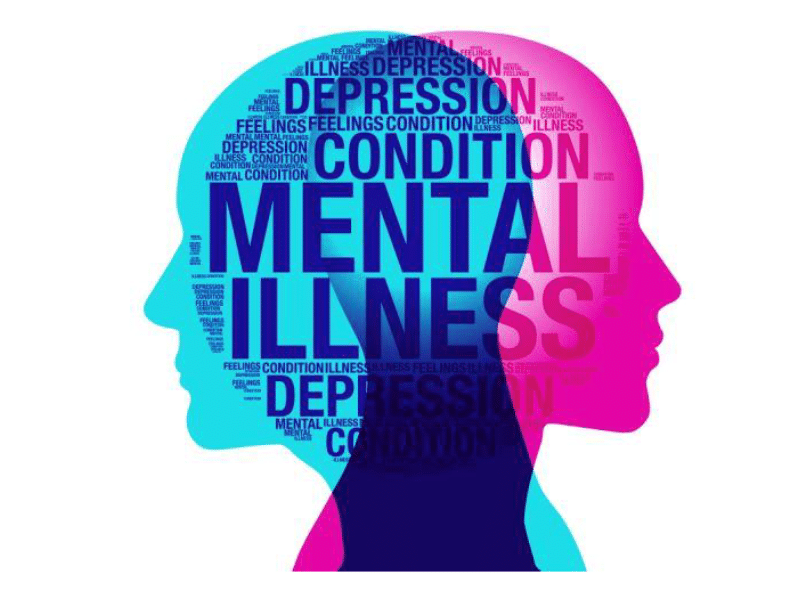Combining traditional and alternative mental health therapies

Exploring the Integration of Conventional and Complementary Approaches to Mental Wellness
This blog post delves into the synergy between traditional and alternative therapies in enhancing mental health, emphasizing the role of lifelong learning in personal growth and healing.
The Harmony between Traditional Therapy and Alternative Approaches
The journey towards mental wellbeing is both complex and personal, necessitating a diverse toolkit that can cater to varied needs and preferences. Traditional therapies, such as cognitive-behavioral therapy (CBT), have been the cornerstone of mental health treatment, offering proven methods for managing conditions like anxiety and depression.
Conversely, alternative or complementary therapies, including mindfulness, yoga, and acupuncture, provide holistic avenues for healing. These practices foster a connection between the mind and body, emphasizing the body's intrinsic ability to heal and maintain balance.
Integrating these therapies can create a comprehensive treatment plan that addresses mental health issues from multiple angles, offering a more personalized and effective approach to wellbeing.
Lifelong Learning: A Tool for Empowerment in Mental Health
Central to the integration of these therapies is the concept of lifelong learning. Engaging in continuous education and skill development can significantly impact mental health by fostering resilience, adaptability, and self-efficacy.
Lifelong learning encourages individuals to explore new therapies, understand their mental health better, and adopt practices that resonate with their unique journey. It also empowers individuals to take an active role in their treatment, making informed decisions about their care.
By embracing lifelong learning, individuals can uncover the full potential of combining traditional and alternative therapies, enriching their journey towards mental wellness.
Case Studies: Success Stories of Integrated Therapies
Real-world examples further illustrate the effectiveness of combining conventional and complementary mental health strategies. Individuals who have embraced both therapy forms report a deeper understanding of their mental health, along with improved symptoms.
One case study involves a person who combined CBT with yoga and mindfulness to manage anxiety. By leveraging the structured approach of CBT and the holistic benefits of yoga, the person achieved a marked improvement in their overall wellbeing.
Another case highlights the benefits of incorporating acupuncture into a treatment plan for depression, demonstrating how alternative approaches can enhance the efficacy of traditional therapies.
Implementing an Integrated Approach
Adopting a combined approach to mental health requires openness to lifelong learning and a collaborative relationship between healthcare providers and patients. It involves educating oneself about the different therapies available and how they can complement each other.
Healthcare professionals play a critical role in facilitating this integration, offering guidance and support to those exploring various treatment options.
Ultimately, the goal is to develop a personalized plan that aligns with the individual's needs, preferences, and life circumstances, ensuring a more holistic journey toward mental health.
Challenges and Considerations
While integrating traditional and alternative therapies presents a promising path to mental wellness, there are challenges to consider. Accessibility, cost, and cultural acceptance of alternative therapies can pose barriers to comprehensive care.
Additionally, the efficacy of some alternative treatments is still under research, requiring individuals to approach these options with an informed perspective.
Overcoming these challenges involves advocating for comprehensive mental health coverage, promoting the acceptance of diverse therapies, and emphasizing the importance of evidence-based practices.
The Future of Mental Health Care
The future of mental health care lies in a more integrated, holistic approach that respects the complexity of human wellbeing. By combining the strengths of traditional and alternative therapies and fostering a culture of lifelong learning, we can move towards a future where mental health care is more personalized, accessible, and effective.
Lifelong learning remains at the heart of this evolution, empowering individuals to explore the breadth of mental health treatments and actively participate in their journey towards wellness.
In conclusion, the integration of conventional and complementary therapies, underpinned by the principle of lifelong learning, offers a promising future for mental health care. By embracing this approach, individuals can benefit from a more personalized and holistic pathway to healing and wellbeing.

Related